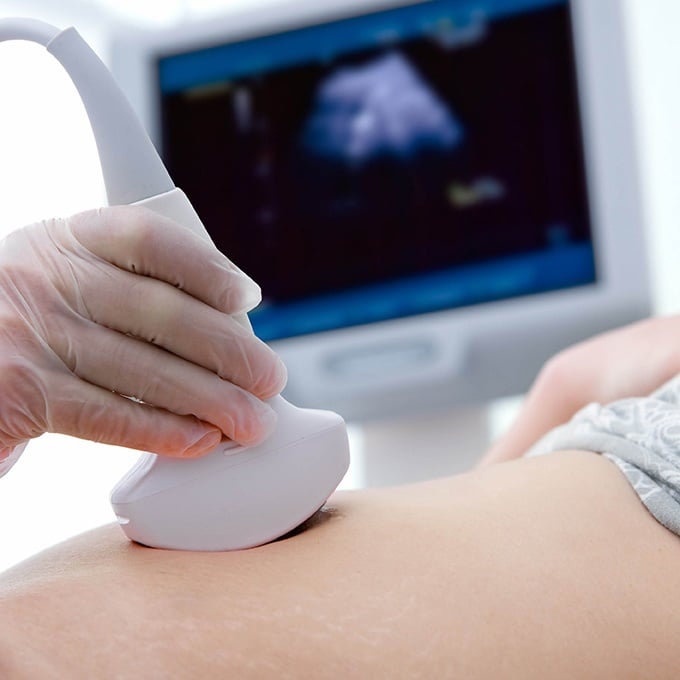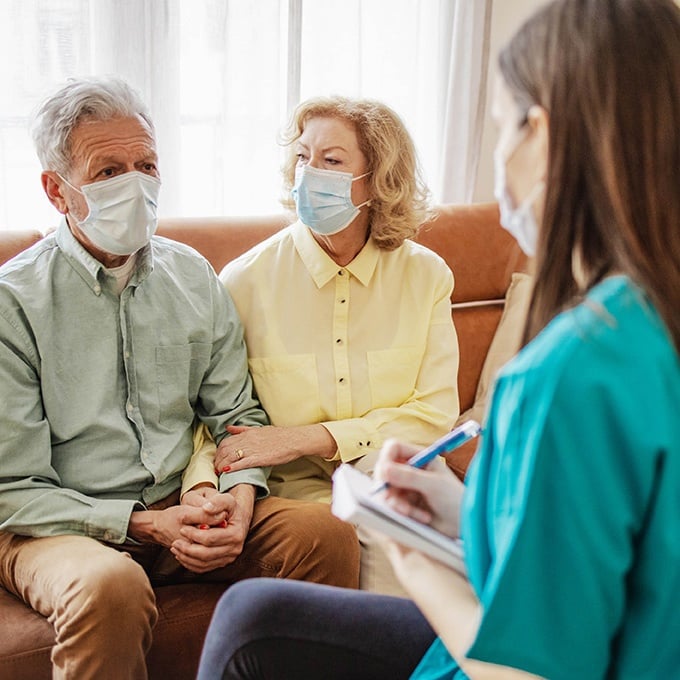Genetic Testing & Counseling
UC San Diego Health geneticists are dedicated to providing you with the information and genetic counseling you need to make the best possible choices regarding the future of your family.
Our genetic counselors are trained to:
- Review your family histories
- Explain the chance that a genetic disorder may recur in family members
- Explore genetic testing options
- Offer counseling and support when test results are received
It is important that the genetic counseling be done at a center staffed by individuals specially trained and certified in genetics and in assisting families with these important issues.

Prenatal Counseling
Prenatal counseling is located at Maternal-Fetal Care and Genetics, 4910 Directors Place, Suite 200 in Sorrento Valley.

Cancer Risk Counseling
Cancer risk counseling is located within the Family Cancer Genetics Program at Moores Cancer Center in La Jolla.
Questions?
Do you have questions about other types of genetic counseling or genetic testing?